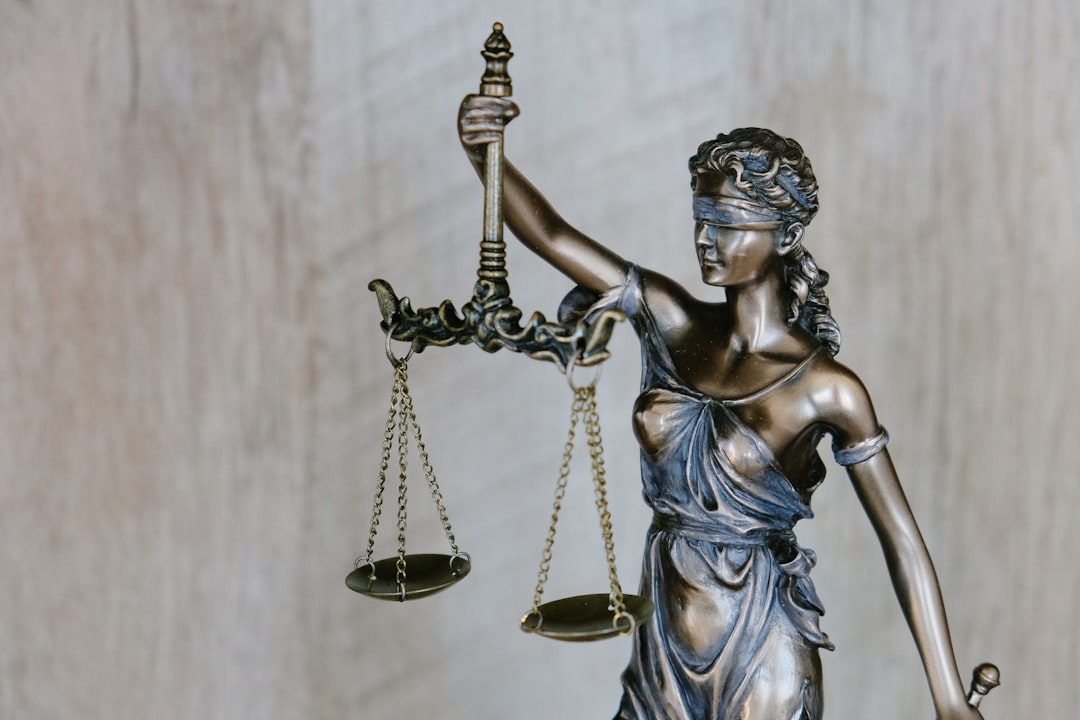DNA evidence has revolutionized sexual abuse cases in Colorado, offering irrefutable proof through genetic material analysis. Strict legal standards ensure fairness and accuracy, with rigorous protocols for DNA collection, storage, and testing. Sexual abuse lawyers must be proficient in these guidelines to protect both the accused and the integrity of the justice system. High-profile cases demonstrate DNA's effectiveness, but complex handling requires collaboration with skilled forensic scientists. Advanced genetic testing methods and AI/machine learning algorithms further strengthen cases, empowering sexual abuse lawyers in Colorado to advocate more effectively for victims' rights.
In Colorado, DNA evidence plays a pivotal role in securing justice for victims of sexual abuse. This powerful tool has transformed the legal landscape, offering undeniable proof and enhancing conviction rates. The article delves into the intricacies of DNA evidence, exploring its application in sexual abuse cases. From understanding the science behind it to navigating the legal framework and examining real-world success stories, we uncover the impact on sexual abuse lawyers in Colorado and preview future prospects driven by technological advancements.
Understanding DNA Evidence: A Tool for Justice in Colorado Sexual Abuse Cases

In the pursuit of justice, DNA evidence has emerged as a powerful tool in sexual abuse cases across Colorado. This scientific method provides irrefutable proof, offering a level of certainty that traditional evidence cannot match. When it comes to sexual assault cases, DNA analysis can confirm the presence or absence of an attacker’s genetic material, which is especially crucial given the often sensitive and complex nature of these investigations.
For sexual abuse lawyers in Colorado, understanding and utilizing DNA evidence effectively is paramount. It not only strengthens case outcomes but also ensures that justice is served accurately and fairly. With proper handling and interpretation, DNA results can be a game-changer, leading to the exoneration of innocent individuals or the conviction of guilty parties. This advanced technology plays a pivotal role in navigating the legal complexities surrounding sexual abuse cases.
The Legal Framework: Admissibility and Standards in Colorado Courts

In Colorado, the admissibility of DNA evidence in sexual abuse cases is governed by strict legal standards designed to ensure fairness and accuracy. A sexual abuse lawyer in Colorado must be well-versed in these guidelines, which are crucial for protecting both the rights of the accused and the integrity of the justice system. The state follows a comprehensive approach that includes rigorous collection, storage, and testing protocols to maintain the integrity of DNA evidence. This involves strict chain-of-custody procedures to prevent tampering or contamination.
The Colorado courts have established high standards for the admission of DNA evidence, particularly in sexual assault cases. Judges must be satisfied that the evidence is relevant, reliable, and obtained through proper collection and handling. Sexual abuse lawyers often collaborate with forensic experts to challenge or support the admissibility of DNA results based on these criteria. This process ensures that only credible scientific evidence is presented, enhancing the accuracy of trials and verdicts in sexual abuse cases.
Real-World Applications: Success Stories and Challenges Faced

In real-world applications, DNA evidence has proven to be a powerful tool in solving and prosecuting sexual abuse cases in Colorado. Success stories abound where this scientific evidence has led to just convictions for offenders, providing closure and justice for victims. For instance, in several high-profile cases, DNA matching has irrefutably linked perpetrators to the scene of the crime, leading to swift arrests and subsequent legal repercussions.
However, challenges also exist. The process requires meticulous handling and storage of evidence to maintain its integrity, which can be a complex task. Moreover, interpreting DNA results accurately demands expert knowledge, making it crucial for sexual abuse lawyers in Colorado to collaborate with skilled forensic scientists. Despite these hurdles, the impact of DNA evidence remains undeniable, continually evolving the legal landscape for sexual abuse cases in the state.
Future Prospects: Evolving Technologies and Their Impact on Sexual Abuse Lawyering in Colorado

As technology advances, new methods and tools emerge, promising significant changes in how DNA evidence is handled and interpreted in Colorado sexual abuse cases. The future holds exciting prospects for sexual abuse lawyers in this state, who can leverage these innovations to provide more robust legal strategies. With advancements in genetic testing, experts can now identify more subtle DNA traces, enhancing the potential for successful prosecutions. This development could be a game-changer in cases where evidence collection was previously challenging.
Additionally, artificial intelligence (AI) and machine learning algorithms show promise in analyzing vast amounts of genetic data quickly and accurately. These technologies can aid lawyers in identifying patterns, predicting possible scenarios, and making informed decisions. By integrating these evolving tools, sexual abuse lawyers in Colorado can improve their case preparation, presentation, and overall outcomes, ultimately advocating more effectively for victims’ rights and justice.




